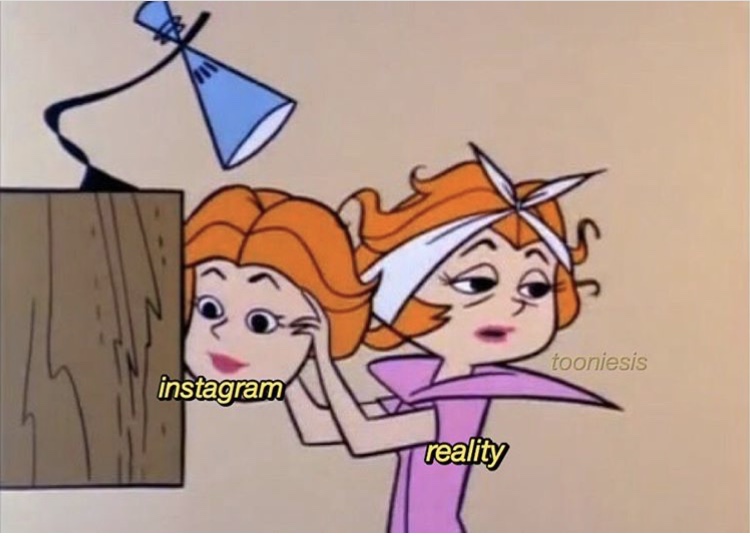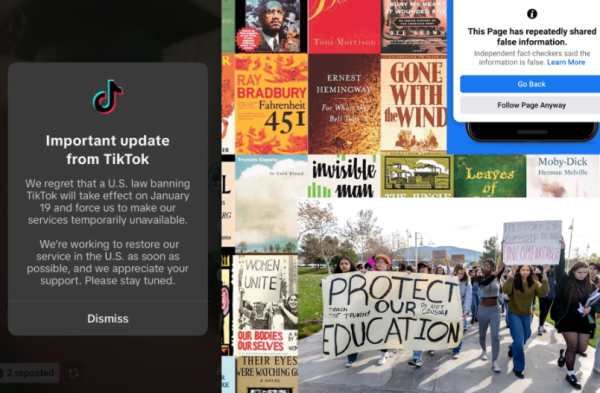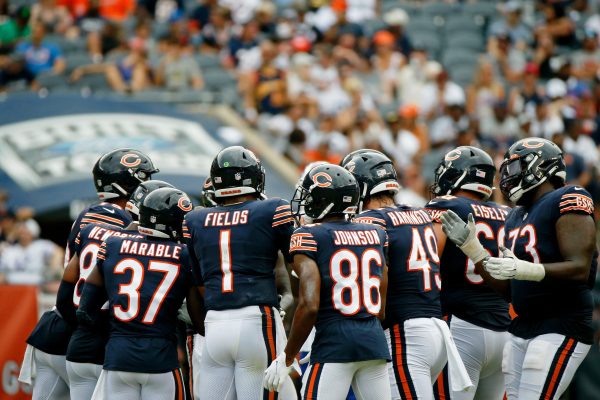Are You Who You Are On Social Media?
In the early 2000’s, society was exposed to social media, a place to post your interests, your friends, your family and you. Everything that you post is a portrayal of you. Someone can visit your page on either Instagram or TikTok and make assumptions about you based on those posts. But are those assumptions fact? Is who you put yourself out to be, really you, or just someone you want people to think you are?
I believe that as a society, we all tend to post the good parts of our lives. The sugarcoated version of ourselves- posting things we think makes us look good or interesting. Now, this isn’t necessarily a negative thing, it just proves that humans care too much about what others think about us. This alters what we post in the media, creating an almost alternate version of ourselves for the public eye, allowing others to see only what we allow them to see.
In my personal experience, I’ve dealt with the same situation. When quarantine started, all I could do was look at Instagram pages and TikTok profiles of people I admired, whether they be influencers or girls at my school I felt I could relate to. It wasn’t until I actually met some of these people that I realized, they are not who they portrayed themselves to be. I would see other students from school posting about the places they go with their friends, the things they do, the large groups, and I pictured them to be perfect. It was almost like a life I wanted for myself. Eventually, when school was back in person, word got around, and I was exposed to the real melodrama that goes on between these groups. The situations they’ve been in, and the hardships they deal with at home when they’re not just on a screen.
It was interesting to say the least, and I found myself resenting these people. Not because they put up a front on social media, but because I was affected by their “perfect” lives. This isn’t to say that I believe people should post every thing that goes on in their life. On the contrary, I believe that social media is a tool to connect with others and share certain experiences. With that in mind, social media is only an art gallery of individuals’ lives, without much context.
Of course, you can learn about a person’s life or interests based on what they post, how much they share, and how active they are in the media. Though you can’t make assumptions on who that person truly is based on insipid little pictures and a small caption that reads “photo dump”. It’s sorta like the saying “Don’t judge a book by its cover” or “you never really know a person until you’ve walked a mile in their shoes.”
These are small reminders that one should think twice before they make broad assumptions about a person’s online persona. Remember that there’s no need to compare oneself. At the end of the day, the media is just “milked” versions of reality.






